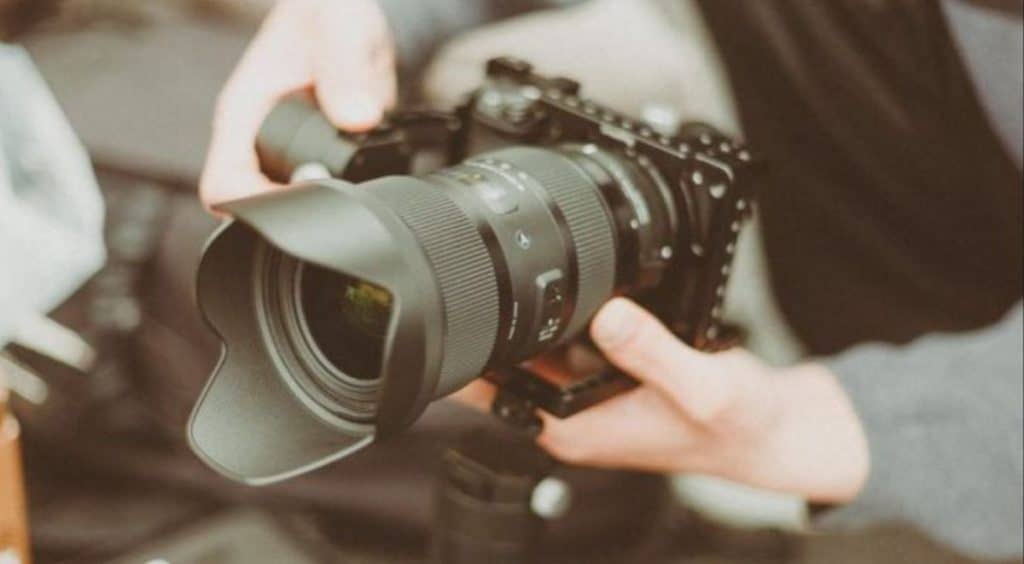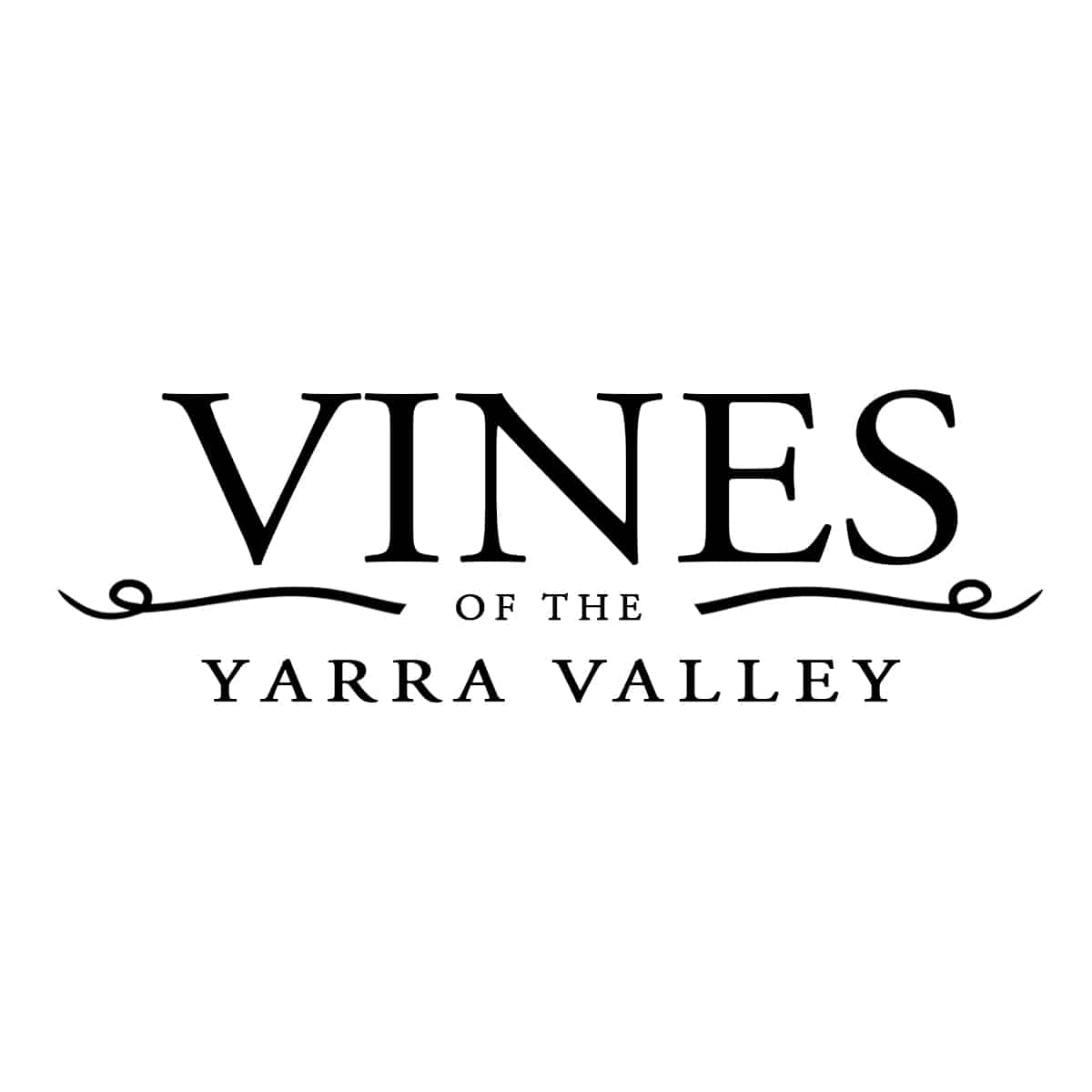Wedding videography is one of the most cherished services couples seek to preserve the magic of their big day. However, for many, the price of hiring a professional videographer can seem intimidating.
At the same time, some might wonder if they could ask a friend with a camera or use their phone. However, an amateur setup cannot capture the quality and professionalism of a wedding video.
So, why is wedding videography so expensive? In this article, we’ll explore the factors contributing to its high cost and explain why investing in a professional is worth every penny.
Let’s get straight to the point.
Wedding videography is expensive due to several factors, including the high cost of professional equipment, ongoing technological investments, and significant time spent filming, editing, and customising videos. Skilled professionals dedicate long hours to capturing and perfecting a cinematic portrayal of a couple’s big day.
Additionally, business expenses such as insurance, marketing, and hiring additional crew members contribute to the pricing. While the cost may seem steep, a wedding video provides lasting memories and a timeless keepsake that preserves the joy and emotions of the special day, making it a worthwhile investment.
The High Cost Of Equipment And Technology
Expensive Video Gear And Cameras
One primary reason wedding videography costs so much is the equipment required to capture high-quality footage. Professional videographers rely on top-of-the-line cameras, lenses, stabilisers, and drones.
A videographer might use several cameras to capture different angles, each equipped with high-quality lenses to ensure clear, sharp footage.
- Video Cameras: High-quality video cameras capable of shooting in 4K or even 6K resolution cost thousands of dollars. These cameras are designed to deliver professional-level images and videos with exceptional clarity and detail.
- Lenses and Accessories: Professional lenses are tailored to create cinematic shots with the perfect focus, aperture, and depth of field. Other equipment, such as tripods, gimbals, and sliders, ensures smooth, stable footage, even when shooting in motion.
Ongoing Tech Investment
Technological advancement is relentless, so videographers must invest in newer, better gear to stay competitive. This includes cameras, lenses, microphones, lighting equipment, and editing software.
Keeping up with technology is an ongoing cost for videographers, making it an essential part of their pricing structure. This ensures they can deliver the best possible results and meet their client’s expectations in a highly visual and demanding market.
The Cost Of Labour
Skilled Videographers And Editors
Creating a wedding video requires more than just shooting footage. It involves meticulous planning, shooting, editing, and re-editing to ensure the final product meets the couple’s expectations.
- Pre-production: Videographers often meet with the couple before the wedding to discuss their preferences, style, and the must-have moments they want captured. This requires time and effort on the part of the videographer to fully understand the couple’s vision.
- Filming: A wedding videographer typically works a full day, often 8 to 12 hours, capturing every important moment. This can include the ceremony, speeches, the first dance, and other intimate moments that tell the couple’s love story.
- Post-production: After the wedding day, videographers spend hours, often days or even weeks, editing the footage to create a beautiful and cohesive film. This includes colour correction, audio balancing, adding music, and creating cinematic effects. High-end editing software is used for these tasks and is costly to purchase and maintain.
Second Shooters And Additional Crew
Many wedding videographers hire additional crew members to help capture different angles or handle the technical aspects of shooting.
For larger weddings, a second shooter might film the ceremony from different angles or capture moments from the bridal party. These skilled professionals must be compensated for their time and expertise, increasing costs.
Business Overheads And Expenses
Insurance And Liability Coverage
Insurance is a critical expense for wedding videographers, as it ensures their business is safeguarded against potential risks. Liability insurance protects against claims in case of accidents or damage during an event.
Equipment insurance protects costly cameras, lenses, and other gear against theft or damage. With adequate coverage, the videographer could avoid significant financial setbacks.
These necessary precautions provide peace of mind to the videographer and the client, ensuring that any unforeseen circumstances are managed efficiently. Such coverage contributes to the overall cost of wedding videography services.
Marketing And Client Acquisition
Attracting clients in the competitive wedding industry requires substantial investment in marketing and brand visibility.
Wedding videographers allocate funds to maintain a professional website, purchase targeted social media advertisements, and create promotional materials such as brochures and business cards. Attending bridal expos and showcasing a polished portfolio with high-quality video samples also comes with costs.
These efforts are essential for building a solid client base and maintaining a professional image. The expense of consistent marketing and client outreach is reflected in the pricing structure of wedding videography services.
The Time Commitment
Long Work Hours
Wedding videographers often endure exceptionally long workdays. They start early, setting up equipment, capturing pre-ceremony preparations, and continuing to film throughout the day, including the ceremony and reception.
However, their work continues even after the event ends. Hours are spent meticulously editing footage, synchronising audio, and refining every detail to create a seamless and emotive final product.
The editing process, which can take days or weeks, is critical to delivering a professional video. These extended hours are a key factor in the overall cost.
Communication And Customisation
Effective communication and customisation are vital aspects of wedding videography. Videographers understand the couple’s preferences through detailed consultations before the wedding.
They discuss desired styles, special moments to capture, and editing preferences. After the wedding, they provide regular updates on the editing process, ensuring the couple’s satisfaction.
Customisation, such as incorporating unique song choices or crafting specific visual effects, further enhances the video’s quality but requires additional time and expertise. This personalised approach adds value to the service and justifies the pricing.
The Value Of A Wedding Video
A Lasting Memory
A wedding video offers an immersive way to relive one of life’s most treasured milestones.
Unlike photographs, which freeze a single moment, a video captures the dynamic essence of the day — from the exchange of vows to the laughter during speeches and the joy on the dance floor.
Combining visuals, audio, and emotion creates a rich, lasting memory. It allows couples to revisit their love story in vivid detail for years.
A Unique Keepsake
A wedding video is a timeless keepsake that offers something tangible beyond the event itself. While other wedding elements, such as flowers or food, are fleeting, a video becomes a permanent treasure.
Couples can share it with loved ones, including those who couldn’t attend, or even with future generations. Watching the video together can rekindle the day’s magic, making it a priceless possession that embodies the joy and love of the celebration.
Conclusion
Wedding videography may seem expensive at first glance. Still, the cost becomes much more understandable when you consider the quality of service, the skilled professionals behind the camera, the equipment, the time invested, and the memories created.
Many couples who choose not to have a professional videographer often regret their decision later, realising they missed the chance to preserve the day meaningfully.
If you want a beautiful, high-quality wedding video that tells your story in a cinematic style, it’s worth investing in a professional wedding videographer. Though it may be costly, the value it provides is priceless.
FAQs About Wedding Videography
Why Should I Hire A Wedding Videographer?
A wedding video lets you relive your big day’s emotions, sounds, and special moments. While photos capture still moments, a video can bring the full experience to life, from the vows and speeches to the laughter and music. It’s an investment in preserving memories you and your loved ones can watch for years.
How Long Does It Take To Receive My Wedding Video?
The timeline for receiving your wedding video depends on the videographer’s workload, but the final product is typically delivered in 4 to 12 weeks.
A highlight reel might be available sooner, often within 2-4 weeks, while the full wedding video may take longer due to the time-consuming editing process.
Can I Customise My Wedding Video?
Yes, many videographers offer customisation options. You can discuss specific moments you want captured, such as the first look, speeches, or special guest messages. Some videographers also offer options for music selection, video length, or additional edits for a personalised touch.
Do I Need To Provide A Shot List For My Videographer?
While a shot list is not always necessary, providing your videographer with a list of important moments or people you’d like them to focus on can be helpful.
This could include specific family members, the first kiss, or any special traditions at your wedding. However, most experienced videographers will need a list to learn how to capture the key moments.
Do I Need To Worry About Sound Quality In My Wedding Video?
No, your videographer will ensure that the audio is professionally captured. They typically use lapel microphones, shotgun mics, and other audio recording tools to ensure crisp and clear sound for your vows, speeches, and other important moments. If there’s any special music or sound you want included, discuss this beforehand.



